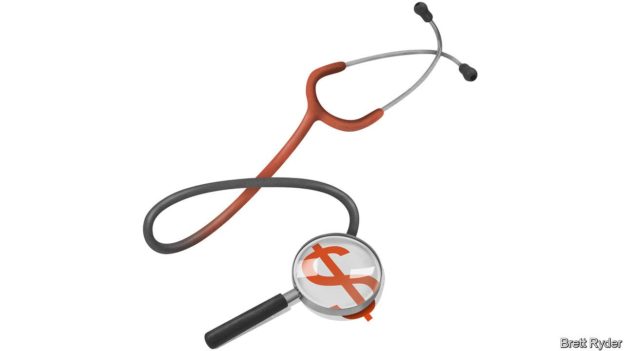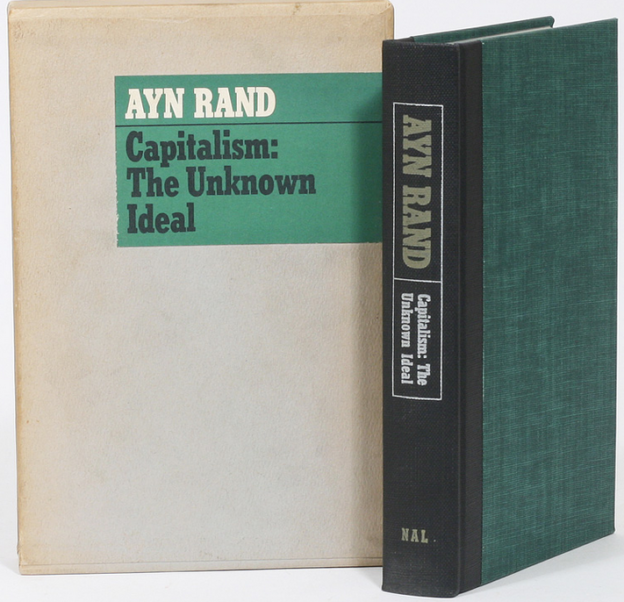The dynamics of state regulation and ownership aside, there is no ignoring our American mañana mentality. Consume in the present; worry not at all about tomorrow’s supplies.
Doesn’t that epitomize the state of America’s coronavirus pandemic reserves?
Via the LA Times: “A disaster foretold: Shortages of ventilators and other medical supplies have long been warned about.”
The nation needed larger caches of standby medical supplies and hospitals that were better prepared to handle a surge of infected patients.
A decade later, the coronavirus crisis is exposing many of the same gaps. Inadequate supplies of protective masks, ventilators, intensive care beds and other medical resources are forcing mass closures of schools and businesses and restrictions on everyday activities as public officials rush to slow the virus so America’s medical system isn’t overwhelmed.
the Government Accountability Office … the federal government’s leading internal watchdog, has issued a steady stream of reports about poor pandemic planning. …
The GAO, public health experts and others issued a steady drumbeat of warnings that America would sooner or later face a widespread infectious disease outbreak or a major bioterrorism attack and was woefully unprepared. …
… In both 2018 and 2019, U.S. intelligence agencies issued insistent warnings in their annual Worldwide Threat Assessment.
“We assess that the United States and the world will remain vulnerable to the next flu pandemic or large-scale outbreak of a contagious disease that could lead to massive rates of death and disability, severely affect the world economy, strain international resources, and increase calls on the United States for support,” the 2019 report noted.
AND, “Making the case for investments in material and hospital planning has long been challenging as most people have difficulty envisioning a major disaster, acknowledged Dr. Eric Toner of Johns Hopkins University, an authority on pandemic preparedness.”
Hospitals also are under pressure to keep margins thin and eliminate spending on staff and supplies that aren’t used all the time.
And, in government-regulated hospitals, which are the majority in the US,
The budget crunch represents a particular challenge for so-called safety-net hospitals, institutions that serve many uninsured patients and those covered by Medicaid, and consequently collect less revenue. These same hospitals are now expecting a large surge in coronavirus patients but have limited resources to ramp up staffing and add intensive care beds if needed.
“Cash is very limited,” said Charlie Shields, chief executive of Truman Medical Centers in Kansas City. Shields said the finances are under even more stress since the hospital canceled elective procedures and shut down its dental services to prepare for the pandemic, moves that reduce hospital revenue.
In case you imagine the US has a free-market in medicine, here are a few statistics that’ll shock you, via The Economist:
The country has over 6,000 hospitals. Only 1,300 or so are private for-profit institutions; the rest are non-profit or government-run. The lack of an overt profit motive has done little to rein in prices …
In any event, the defining characteristic of the Unites States is debt—public and private, macro and micro. America is a debtor nation. A natural shift must take place in the economy from a credit-fueled, consumption-based economy, to one founded on savings, investment and production.




